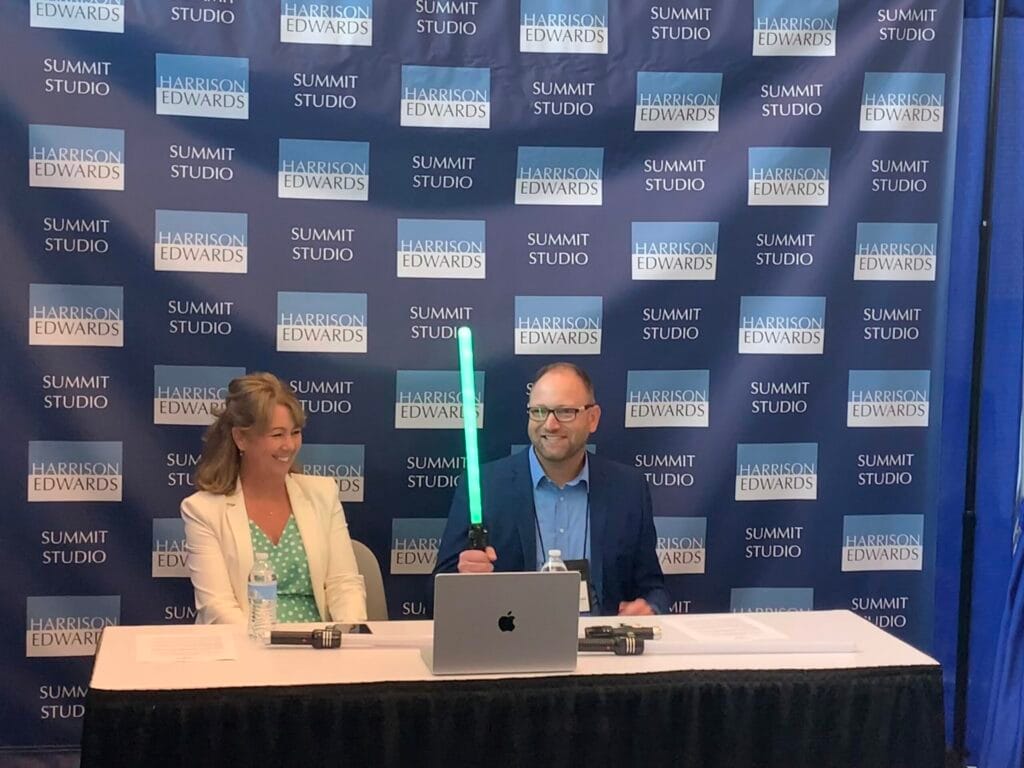UTOPIA’s Projects Proceeding in California and Montana, CEO Says
Both the GSCA and Yellowstone Fiber are using UTOPIA’s techniques to provide open access broadband over fiber.
Benjamin Kahn

HOUSTON, May 4, 2022 — UTOPIA Fiber’s open access model has found success in California, Montana, and Idaho as it continues to deploy across Utah, the company’s CEO said Wednesday.
“Right now, we are working with [Golden State Connect Authority] to identify various pilot areas for the project and have started preliminary engineering work to determine the initial project area,” Roger Timmerman said at the Broadband Communities Summit 2022.
During the press conference, Timmerman also pointed to UTOPIA’s expansion into Santa Clara, Utah, and its completion of its original 11 Utah cities by the end of 2022.
Timmerman was joined by partners Barbara Hayes of the Golden State Authority and Yellowstone Fiber CEO Greg Metzger as they delivered remarks on their joint ventures. The partnership will create the largest publicly owned fiber network in the US, and as it stands now, would span 38 of California’s 58 counties.
“California may be the world’s fifth-largest economy, but our state’s connectivity is decades behind,” Hayes said. “Investing in open access fiber will be transformative for California.”
Both Metzger and Hayes emphasized that their decision to partner with UTOPIA was largely informed by the company’s track record.
“We needed to have a partner who was successful and had done it before,” Metzger said. “For Montana, this is going to be a breath of fresh air.”
Yellowstone Fiber, formerly known as Bozeman Fiber, is a not-for-profit that will replicate UTOPIA’s open access model to provide broadband to the greater Bozeman region; it will own and operate the fiber but will rely on UTOPIA for assistance on the backend.
UTOPIA’s model of open access has long been a point of interest in the telecom industry. While some claim it will be a solution to the digital divide, other assert that it has merely created a “race to the bottom” where internet service providers are constantly pushed to undercut their completion. Timmerman and others have pushed back against the “race to the bottom” assertion, claiming that providers can find ways other than price to distinguish themselves from their competition, such as superior customer service. Additionally, they point to their recent track record as evidence that critics’ concerns that they can maintain a positive cash flow are unfounded.
Though UTOPIA, a sponsor of Broadband Breakfast, now has positive revenue and has served as a model for open access projects around the country, critics still point toward its more than $300 million in outstanding debt it accrued in its early days, before Timmerman was at the helm.









Member discussion